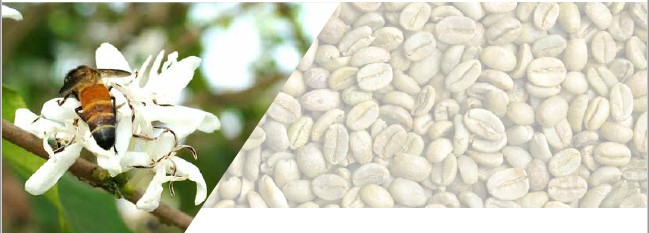
As widely reported, both the European Union and the United Kingdom have launched global public consultations on agricultural commodity imports. The initiatives seek to force large companies to ensure deforestation-free supply chains.
The strategy is seen as an example of what is being called “‘reputational barriers” and can affect Brazilian exports.
Regarding the Public Consultation published by the United Kingdom “Due diligence on forest risk commodities”, closed in early October this year, the emphasis was on products associated with deforestation, such as soybeans, beef cattle, among others. It does not mention coffee. The consultation brings a controversial principle to the UK’s trade relations with agricultural exporting countries such as Brazil.
The “Due diligence” process may turn private actions restricting agricultural commodities trade justifiable. If made effective by law, it will lead to increased costs due to the certification processes for products coming from these markets.
As a result, there is an effort to pass a new law that will force large companies to adopt sophisticated verification procedures in the origination of these products.
The European Union Public Consultation is still receiving answers. This should be analyzed in the light of the major commitments made with the Green Deal and the Farm to Fork. Since 2019, the European Commission has announced its objective to intensify the fight against deforestation.
Thus, the block has been studying the adoption of public policies aimed at curbing consumption of products coming from deforested areas. The commitments made include submitting a legislative proposal and other additional measures (regulatory and non-regulatory) already in 2021.
The proposal of this Consultation is to gather views on possible regulatory and non-regulatory strategic options to minimize the EU’s contribution to deforestation and forest degradation by encouraging the consumption in the EU of products from supply chains not associated with deforestation.
Consequently, all stakeholders can make contributions to the Public Consultation, from civilians to traders, to processing industries, both from Europe and from trading partners.
As explained about the United Kingdom, the European Union Public Consultation also encompasses a legislative proposal, scheduled for the second quarter of 2021. A new, quite time-consuming process will then begin, with discussions at the European Parliament and the EU Council. Only after both institutions come to a common position will there be negotiations between the European Commission, the European Parliament and the Council to define the final text.
Cecafé is being proactive on this issue, in permanent dialogue with the Ministry of Agriculture, Livestock and Supply and the Ministry of Foreign Affairs, as well as with other organizations representing Brazilian agribusiness.
The position of the Brazilian agribusiness is that illegal deforestation—rather than any other form of deforestation— should be considered according to the environmental laws of each country. In addition, a dialogue and cooperation approach should be favored, based on the promotion of good practices, creation of incentives and funding, and strengthening of the verification systems of each country. It is also appropriate to encourage recognition of existing certifications and standards, instead of increasing costs to rework on new ones.
The Brazilian Government has taken position about these demands, showing the gains in productivity and agricultural income with the balance between sustainable production and environmental preservation. Brazil’s Forest Code, Rural Environmental Register, and territorial management demonstrate the national commitment to sustainable production, ensuring food security to the world.
Cecafé, as the legitimate representative of Brazil’s coffee export sector, will continue to participate actively and will discuss the need for a response from the Brazilian coffee business at the Social Responsibility and Sustainability Committee if it understands it is paramount to demonstrate the sustainability and quality of the Brazilian product, and its social, environmental and economic outcomes.
Marcos Matos – CECAFÉ CEO
Lilian Vendrametto – CECAFÉ Sustainability Manager


Leave A Comment